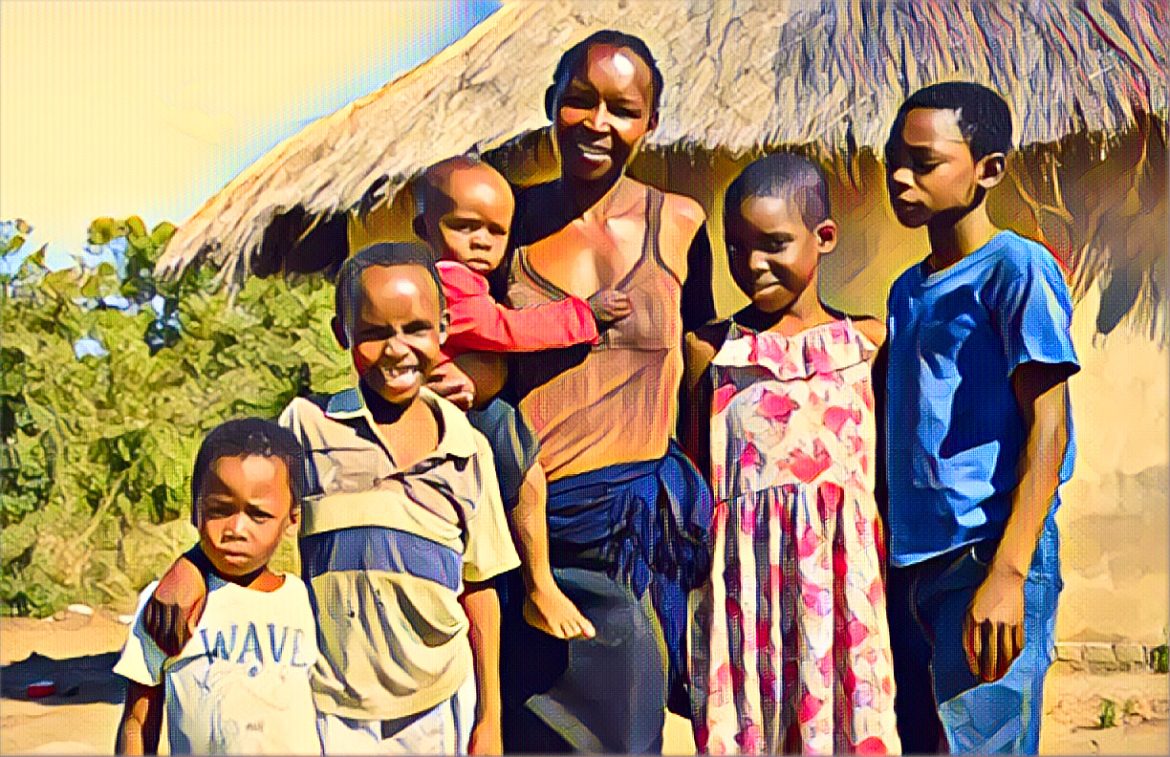KEY POINTS
- Traditional Zimbabwean families are characterized by extended kinship networks, emphasizing communal living and collective responsibility.
- Urbanization and economic pressures have led to the emergence of nuclear families and alternative family structures.
- Despite changes, the extended family remains a crucial support system, reflecting the resilience of Zimbabwean cultural values.
As had earlier been observed, the family in Zimbabwe included an extended family with several generations living in the same space.
It has been a basic model for social organization supporting individuals, especially in their times of crisis, and also affirming and perpetuating the culture.
But the current society in Zimbabwe is facing other forms of family discriminative changes through forces like urbanization, economic challenges and globalization.
Traditional Family Structures
Traditionally, the Zimbabwean family system had more than the nuclear family with grandparents, sisters, brothers, nieces, and nephews and cousins included.
In relation to this, cousins are normally taken to be brothers and sisters, and people of higher age are accorded so much power and esteem.
This arrangement made it possible for most of the families to pool resources and responsibilities hence pulling together in addressing problems that faced each of them.
Impact of urbanization and economic factors
Family size today is also conditioned by the process of rural drift to urban centers that makes families adopt the nuclear family system because of space and economic factors.
As a result of human fast growing and development of urban centers the need for polygenesis has been changed since many people live in their own houses rather than in a large family house.
Furthermore, economic problems have forced some of the family members to seek job opportunities in other areas, hence physically straining with a shift from what is considered a normal family.
Emergence of new family forms
Contemporary Zimbabwean society has seen the rise of alternative family structures, such as single-parent households and child-headed families.
These changes are often attributed to factors like increased divorce rates, the impact of HIV/AIDS, and economic hardships.
The “small house” phenomenon, where individuals maintain secondary households outside their primary marriage, has also become more prevalent, reflecting shifts in marital practices and family organization.
Cultural adaptation and resilience
However, change has gone on while families in Zimbabwe seek to change while at the same time maintaining on set cultural beliefs.
Thus, the extended family stays a valuable network, mainly when it concerns an acute problem.
Despite the fact that families are increasingly becoming separated, most members keep close relationships and continue to help each other both financially and emotionally.
This remains a strong indication of the strong foundation of family in Zimbabwe society as a basis of social heritage cohesiveness.


